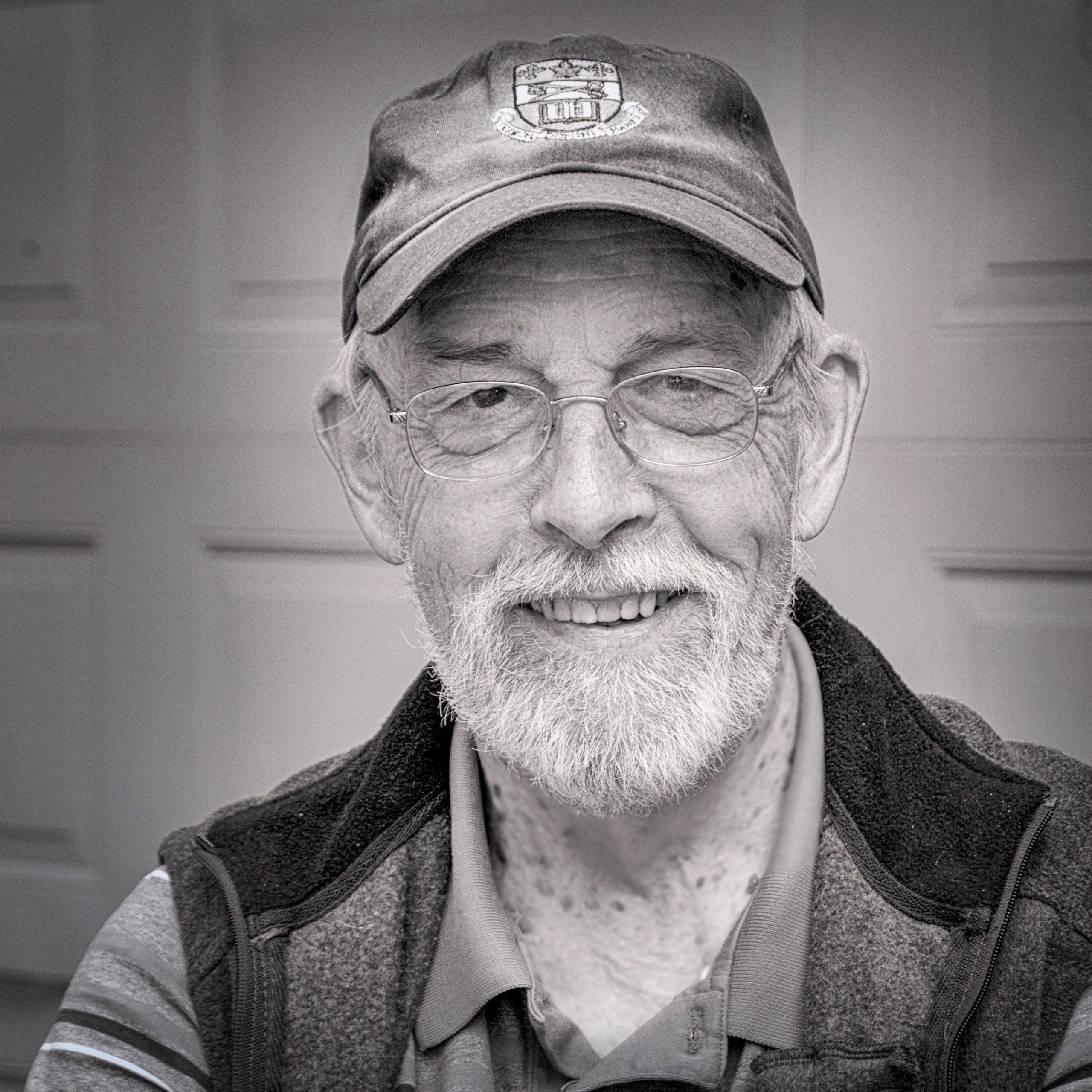Elon Musk wants to go to Mars. But is that such a good idea? Indeed, should any human being go to Mars? What would we do if we got there? Might we mess up that planet in the ways we are messing up this one? Back in 1997, Carl Sagan wrote in his famous book Small Blue Dot:
“What shall we do with Mars? There are so many examples of human misuse of the Earth that even phrasing the question chills me. If there is life on Mars, I believe we should do nothing with Mars. Mars then belongs to the Martians, even if [they] are only microbes.”
Almost a century ago, C.S. Lewis was already thinking about this issue. The question arose around 1937, when an atheistic student of Lewis’s at Oxford explained that he thought the only hope for the human race was to colonize other planets. Lewis was already thinking about a story involving space travel, and this comment spurred him to write his first work of fiction, Out of the Silent Planet.
The story begins with a philologist, Elwin Ransom—suspiciously like Lewis’s friend Tolkien, also a philologist—who is on a summer hiking tour. (This was an inside joke, because Tolkien hated hiking!) Ransom is kidnapped by two men, named (with rather heavy-handed symbolism) Weston and Devine, who have built a rocket to take them to Mars. We learn that they have already been there once and have come back because they believe the Martians have demanded a human sacrifice—so they need a victim.
Once the three men arrive on Mars, the reality turns out to be quite different from what they expected. Ransom escapes from his human captors and is welcomed by some of the inhabitants of Mars—the hrossa—who are animal-like (in human terms) but perfectly friendly. He lives with them, learns their language (his philology training turns out to be very convenient), plays with their children, and even joins in their sports.
Two Approaches
The story draws a striking contrast between Ransom’s experience and the way the two scientists view Mars—Malacandra, as the indigenous races call it. Ransom is humble and teachable, and anxious to enter into relationships. Weston and Devine are the opposite. For them, this new world is merely a source of wealth for the human race, and the inhabitants are just an unfortunate obstacle to their greed. The most blatant of their evils is when they shoot Ransom’s closest friend “for pleasure, or in fear, or… because they were hungry.”
The climax of the story is when Weston and Devine are brought before the Oyarsa, the archangel who rules Malacandra, to account for their actions. Weston behaves towards the natives like the worst kind of imperial colonist, treating the Martians as stupid children and offering them beads and other trinkets. Once Ransom persuades him to stop making a fool of himself, Weston changes tack and makes a speech explaining why the human race is superior to other life forms, and why their colonization of other planets and extermination of the indigenous peoples is perfectly justified.
However, he does not speak the language. Since Ransom now has a good working knowledge of it, he is able to translate—more or less.
Reductio ad Absurdum
Unfortunately for Weston—but fortunately for readers who can see the humour—the elaborate and pompous speech is far beyond Ransom’s powers of translation. He can only translate the speech into the most childlike phrases. Thus, Weston tries to defend human colonization of the universe on the grounds that human beings are more “advanced” than other civilizations. He boasts, for instance, of “our commerce, and our transportation system which is rapidly annihilating space and time.” The best Ransom can do with this is to say, “we exchange many things among ourselves and can carry heavy weights very quickly a long way.” With every sentence of the translation, Ransom deflates the balloon of Weston’s pretensions.
It is significant that Weston—like Uncle Andrew, his equivalent in The Magician’s Nephew—is punished with cold water being poured over his head, as if his arrogance has been a form of intoxication and he needs to be brought to his senses.
Weston’s speech embodies what one author, Shannon Stirone, writing in The Atlantic magazine in February 2021, describes here:
“Musk has used the medium of dreaming and exploration to wrap up a package of entitlement, greed, and ego… Musk is no explorer; he is a flag planter.”
Lewis’s novel has become prophetic in recent years. It serves as a sobering reminder that we are merely stewards of this world, not the owners, and that we are responsible to the Creator for what we do with it. As Stirone adds of Musk:
“Someone in his position could do so many things on our little blue dot itself to help those in need.”
Amen to that.


Disability Theology and it’s Promise for our Church